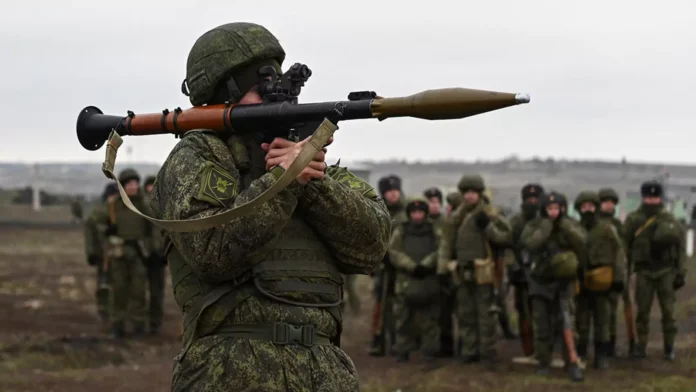Author: John Golden
Affiliation: Graduate Student at the Columbia Business School and Columbia School of International and Public Affairs (SIPA), Surface Warfare Officer in the U.S. Navy (Reservist after 5-years active duty)
Organization/Publisher: Journal of International Affairs/ School of International and Public Affairs at Columbia University
Date/Place: May 4, 2022/UK
Type of Literature: Analysis
Word Count: 1518
Link: https://bit.ly/3MPYxYS
Keywords: Sanctions, Russia, US, Ukraine, Japan, Pearl Harbor
Brief:
This author draws historical parallels between the West’s sanctions-based policy against Russia and a similar situation with Japan back in 1941. He argues that the same policies led to the Pearl Harbor attack that fueled WWII. The article outlines the historical trajectory that predated Pearl Harbor. In 1940, the US’s mix of embargos, diplomacy, and negotiation failed to deter Japan in the wake of its signing the Tripartite Pact, and Japan’s invasion of Indochina. Consequently, Japan escalated by occupying airfields, to which the US responded by freezing Japan’s assets and suspending oil exports that were crucial to Japan. Knowing that the US was dependent on tin and rubber to build military equipment, Japan carried out the preemptive attack on Pearl Harbor ahead of expanding into the East Indies, where 90% of the world’s rubber and tin originate. Luckily for the US, however, its carriers were not in port. As a result, Washington made the decision to enter WWII. In comparison with the current Ukraine situation, while Russia has indeed brought war to the heels of Europe, the world is not at a global state of war. Second, nuclear weapons had not been existent at that point. Third, Japan was an importer of oil, while Russia exports gas. Fourth, Russia has no alliances as had Japan with the Tripartite Pact. Despite these differences, the author stresses that “It would be foolish to not look at the past to draw some parallels from the last time large scale sanctions and trade embargoes were imposed on a major world power.” In both cases, economic sanctions have failed to deter the aggressor. To the contrary, despite assurances from the West of not wanting to escalate, similar heightened economic sanctions on Japan ultimately led to Pearl Harbor. The West is dependent on Russian gas exports whose revenues are still funding the invasion to this day. To that end, the geopolitics of energy have become more prominent than any time since the 1970s. The author recommends that “the [US] and its allies must review the missteps in the lead up to the attack on Pearl Harbor and avoid economic sanctions that spiral into a military conflict between the two countries with the world’s largest nuclear weapons arsenals.”
By: Hamza Amer, CIGA Research Assistant




